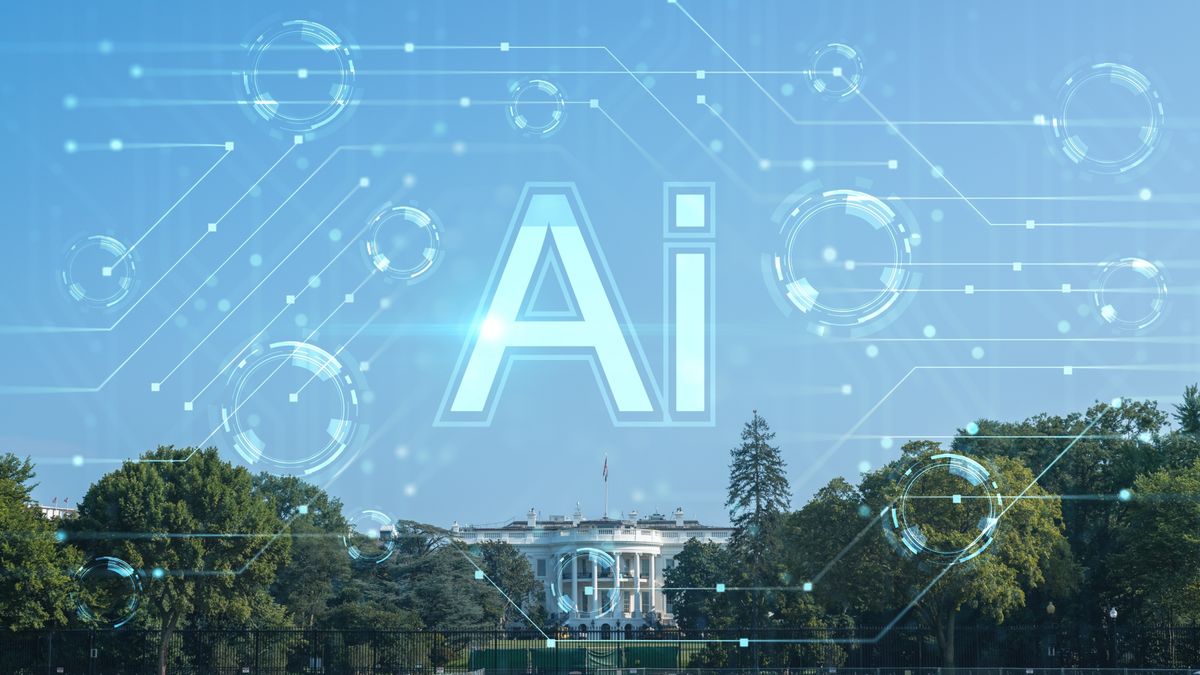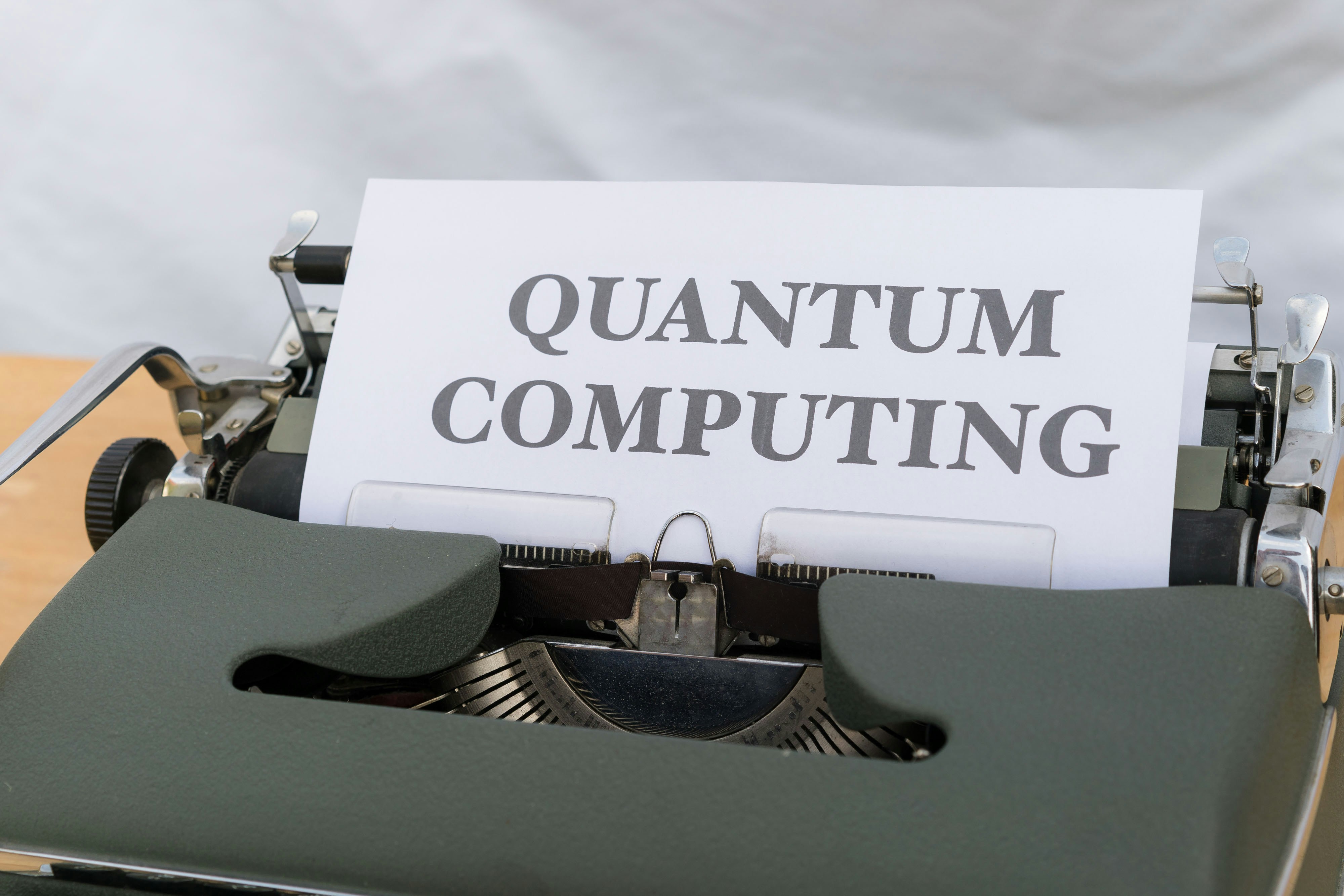
At a summit on the White Home this Friday, seven of the world’s high AI corporations vowed to enhance upon the security and safety guardrails round their AI merchandise. After months of back-and-forth consultations and requests for remark, the deal between the White Home and AI-invested corporations Amazon, Anthropic, Meta, Microsoft, Google, Inflection, and OpenAI seeks to deal with the Administration’s considerations relating to the dangers and risks of AI techniques.
One of many agreed-upon measures is a rise in funding for discrimination analysis, as a solution to counter the algorithmic biases which can be at the moment inherent to AI networks.
The businesses additionally agreed to make further investments in cybersecurity. If you happen to’ve ever developed a undertaking or coded one thing inside a device like ChatGPT, you understand how complete the data contained in your AI chat is. And there have already been enough ChatGPT user credentials leaked online — at no fault to OpenAI, thoughts you — which is what the elevated cybersecurity funding is supposed to fight.
Additionally promised was the implementation of watermarks on AI-generated content material — a problem that is been significantly scorching off the presses currently, for a wide range of causes.
There’s the copyright angle, which has seen a number of lawsuits launched at generative AI corporations already: watermarking AI-generated content material could be a solution to assuage fears of human-generated, emergent information (the one which’s mechanically produced simply from performing out our lives) being additional and additional diluted in a sea of rapidly-improving AI-generated content material.
There’s additionally the systemic influence angle: what jobs will likely be affected by AI? Sure, there’s sufficient want on this planet to ultimately soak up staff towards different, much less impacted industries, however that transition does have human, financial, and timeframe prices. If an excessive amount of modifications, too quick, the whole economic system and labor system might be damaged.
In fact, watermarking AI-generated information (or artificial information, as it has been extra just lately and regularly known as) can be within the curiosity of AI corporations. They do not need their AIs to ultimately go MAD as a result of artificial data-sets, poisoned datasets, nor by the lack to discern artificial information from the safer, however way more costly, emergent information.
And if points in recursively coaching AIs stay too robust to crack for too lengthy now that the AI is out of the bottle, AI builders might quickly run out of excellent datasets with which to maintain coaching their networks.
All the guarantees have been voluntary, presumably in a present of goodwill on the a part of the firms most heavily-invested on AI. However there’s an added bonus: a transfer akin to this additionally takes a few of the edge off from the “can we management AI on the tempo we’re at the moment going at?” debate. If AI’s personal builders are prepared to voluntarily improve the security and safety of their techniques, then maybe this too is an space they will even be good gatekeepers at (though your mileage could fluctuate).
A part of the issue with this strategy is that these are simply seven corporations: what concerning the a whole bunch of different corporations creating AI merchandise? Can these which can be already smaller and at a drawback in comparison with giants akin to OpenAI and Microsoft be trusted? As a result of these are the businesses which have extra to achieve from forcibly bringing the product their livelihoods rely upon out into the unprepared open. It positively would not be the primary time a product was rushed to monetization.
The commitments did name for inner and exterior validation and verification that they are being actively pursued (however there are at all times oversights, miscommunications, misplaced paperwork, and loopholes).
The difficulty right here is that AI does current a basic, extinction-level threat, and there is one facet of that edge we positively do not need to be on.



